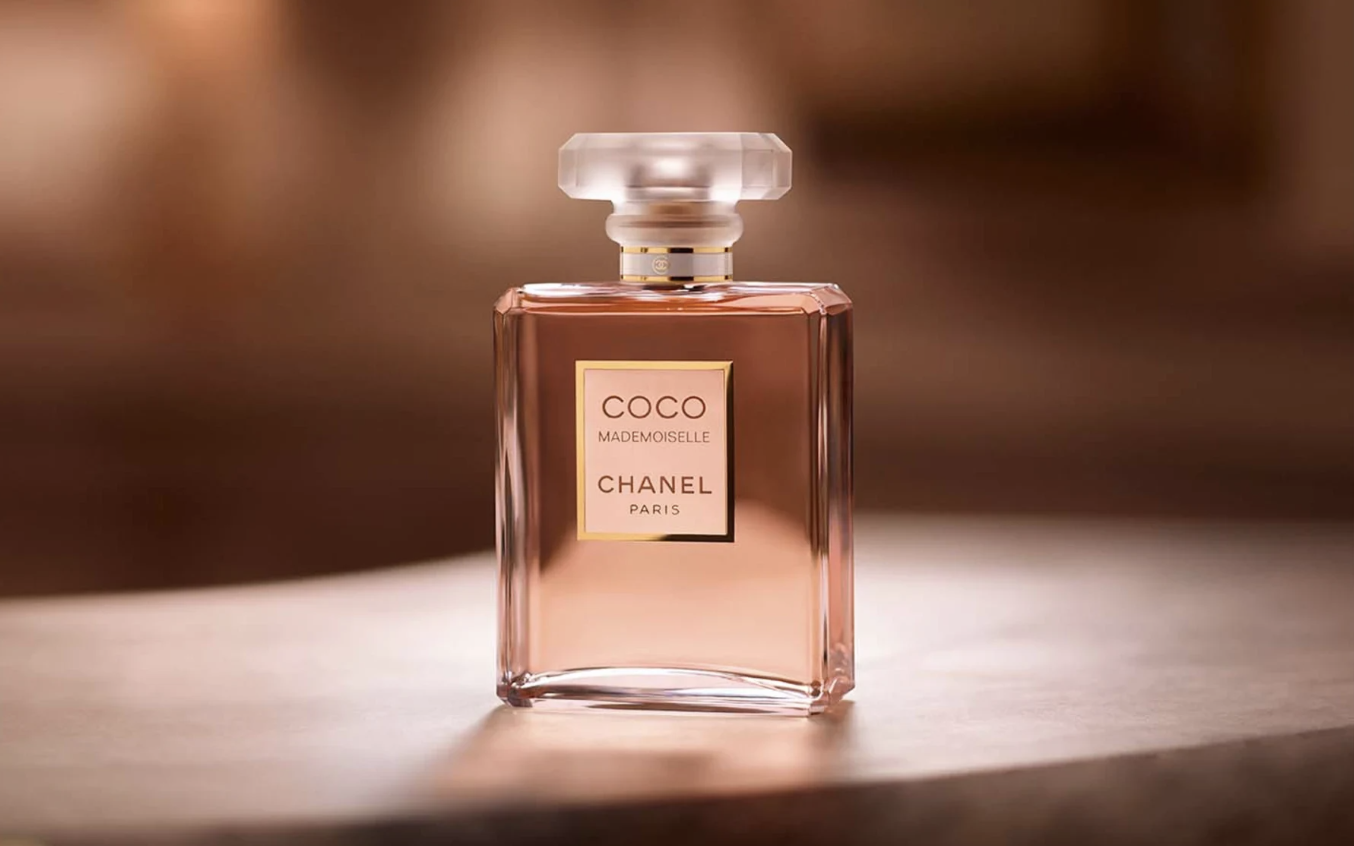From ancient rituals to modern elegance, the history of fragrances is a tapestry woven with intrigue, culture, and artistry. Perfumes have transcended time and space, leaving an indelible mark on human civilization. Embark on a fragrant journey through the annals of history, from the aromatic offerings of ancient civilizations to the modern world of niche perfumery. Along the way, uncover invaluable tips to help you choose the perfect perfume that resonates with your unique identity and style.
Fragrance in Ancient Civilization: Aromatic Elixirs of the Past
The story of perfumes begins with the dawn of humanity. Ancient civilizations such as Egypt, Mesopotamia, and India utilized fragrances for rituals, religious ceremonies, and personal adornment. Aromatic materials like incense, myrrh, and frankincense were highly prized, symbolizing luxury, divinity, and transcendence. Perfumes held mystical significance, believed to bridge the gap between the earthly and the divine.
In the grand courts of ancient civilizations, perfumes were often seen as symbols of power and prestige. Kings and queens would anoint themselves with exquisite blends, not only for personal pleasure but also to communicate their authority and status to their subjects.

The Renaissance of Perfumery: European Elegance and Innovation
The Renaissance marked the resurgence of interest in perfumery, with Europe becoming the epicenter of aromatic exploration. Perfume houses like Grasse in France played a pivotal role in perfecting the art of extracting scents from flowers and plants. The creation of Eau de Cologne by Giovanni Maria Farina in the 18th century revolutionized perfumery, leading to the establishment of iconic fragrance houses that continue to influence the industry today.
During this era, perfumes became associated with refinement and sophistication. The art of perfumery became an essential part of European aristocracy, with intricate bottles and lavish presentations reflecting the opulence of the time.
Modern Perfumery: A Kaleidoscope of Styles and Notes
The 20th century witnessed the rise of iconic fragrances that remain etched in cultural memory. Chanel No. 5, created by Ernest Beaux, introduced the concept of using synthetic ingredients in perfumery, paving the way for innovative compositions. The art of perfumery evolved into a symphony of notes, blending natural and synthetic ingredients to craft fragrances that resonate with individual preferences and emotions.

As the century progressed, the concept of niche perfumery gained prominence. Artisanal perfumers began to create unique scents that challenged traditional boundaries, focusing on storytelling and the connection between fragrance and emotion. Niche fragrances offered an alternative to mainstream offerings, allowing individuals to explore scents that were distinctively personal.
Tips to Choose the Perfect Perfume: Finding Your Signature Scent
- Understand Fragrance Families: Perfumes can be categorized into fragrance families like floral, oriental, citrus, woody, and more. Understanding these families helps you identify the scents that align with your preferences.
- Consider Your Personality: Perfumes can be an extension of your personality. Are you playful, sophisticated, or adventurous? Choose a fragrance that mirrors your identity.
- Test and Wait: Always test perfumes on your skin, as they interact uniquely with your body chemistry. Allow the fragrance to settle and evolve before making a decision.
- Seasonal Selection: Different seasons call for different fragrances. Opt for lighter, fresh scents in spring and summer, and warmer, spicier fragrances in fall and winter.
- Sample Selection: Many brands offer sample sizes or discovery sets that allow you to try multiple scents before committing to a full bottle.

- Consider Occasions: Choose fragrances based on occasions. A light, floral scent may be ideal for daytime, while a richer, more intense fragrance could be perfect for evenings.
- Trust Your Instincts: Perfume is an emotional experience. If a fragrance evokes positive emotions and resonates with you, it’s likely the right choice.
- Spray and Wear: Apply the perfume to pulse points like wrists, neck, and behind the ears. Allow it to meld with your skin and body heat for the full effect.
- Longevity and Sillage: Consider the longevity (how long the scent lasts) and sillage (how much the scent projects) of the perfume to ensure it suits your needs.
- Consult Perfumers: If you’re unsure, don’t hesitate to seek advice from perfumers or experts who can guide you based on your preferences.
Crafting Your Perfumed Narrative: A Symphony of Scent and Identity
Choosing the right perfume is akin to selecting a chapter of your life story. Fragrances weave memories, encapsulate emotions, and reflect individuality. The history of perfumery, with its heritage and innovation, continues to shape the fragrance landscape. As you explore the myriad scents available today, let your olfactory journey be an ode to self-discovery, an artistic expression of who you are, and an opportunity to celebrate the timeless allure of perfumes that transcend generations.


